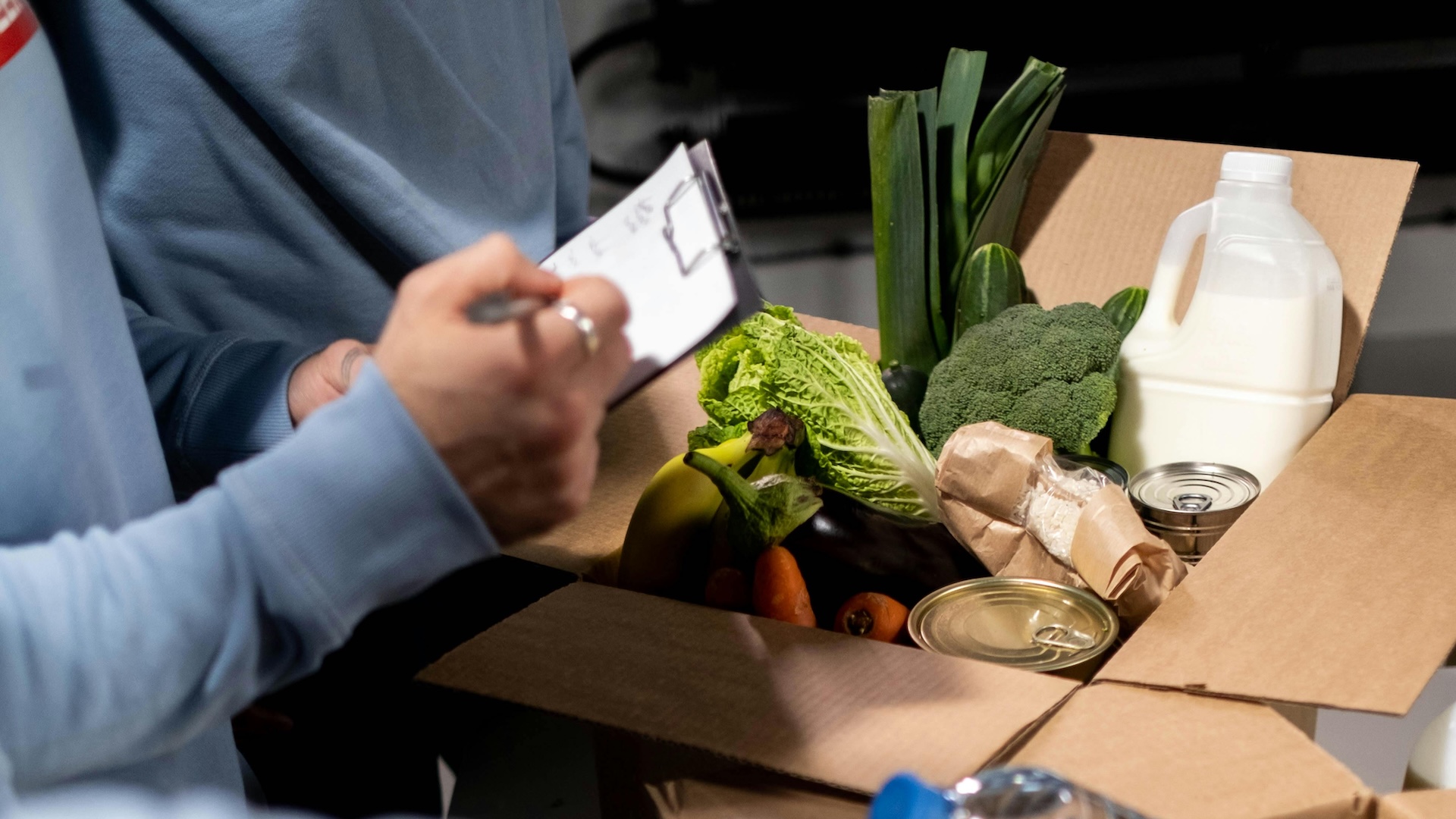A decade ago, there was a surge of new food banks. The impact of austerity policies was being felt in communities across the country and first recruits joined what’s now become a veritable food bank volunteer army. Those first pioneers imagined their help would be needed temporarily – that the food bank phenomenon would die away after a couple of years.
Some have recently reached 10-year anniversaries, and retirement age, and have had to face the uncomfortable reality that the food bank genie clearly isn’t going back in its bottle anytime soon.
Draconian policies driving hunger haven’t changed and more people than ever are facing deep, locked-in poverty from which there seems to be no escape. The distribution of millions upon millions of emergency food parcels haven’t stopped poverty in its tracks and have merely put a seemingly endless roll of temporary sticking plasters over the problem. What’s more, the majority of households facing severe food insecurity do not access food banks.
- Number of people turning to food banks is shocking – but it’s the tip of the hunger iceberg
- Hunger is a violation of our basic human rights – we should be outraged by UK’s food bank crisis
January has tended to be the bleakest month in the food bank calendar. January 2024 was no different and food bank teams started the year with trepidation. Debts had piled up, energy bills were insurmountable, and people on low incomes were struggling to make ends meet. In England, there was no sign that the household support gund would be extended. In fact, it wasn’t until early March that chancellor Jeremy Hunt gave this vital lifeline a six-month temporary reprieve just weeks before its expiration date.
Any hope at the start of 2024 was pinned on a possible election in the autumn. Change could well be coming. Surely, a new Labour government couldn’t ignore the plight of people pushed into destitution by a punitive social security system or the reality that so many universal credit claimants on the breadline were in work.
Warnings that frontline workers and volunteers were burnt out and exhausted might finally be heeded. And reports of diminished donations and reduced surplus food supplies could propel an incoming government to reduce the pressure on frontline charities by ensuring people had enough money in their pockets.





